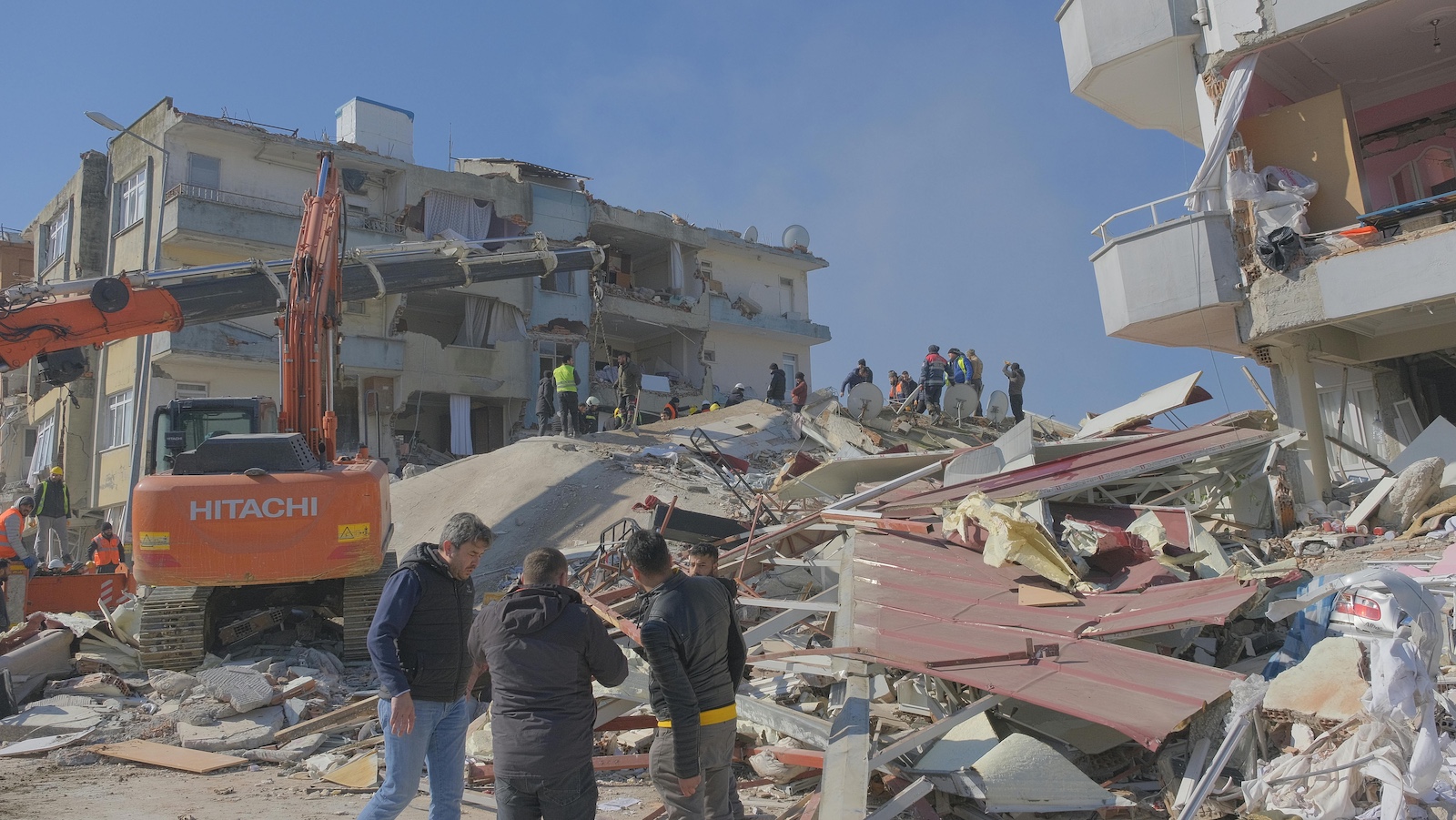- shipboard workers using drones to check on container stability, possible fuel leaks, wiring and hoses
- firefighters using drones' heat-mapping capabilities to identify hotspots, vulnerable areas and trapped people
- tower workers using drones to keep nesting birds at bay
Drones Reducing Accidents on Job
What does this mean for you? Fewer accidents, lower risks for workers, reduced workers' comp premiums.






